We play many roles in our lives. These roles and identities affect us in deep ways. Some nourish and fulfill, others drain and frustrate, and some feel neutral. It's helpful to understand the wide variety of roles we play and their impact on our physical, mental, and emotional life.
““Roles have a momentum of their own, the momentum of the past, the way other people have done things, the expectations we hold for ourselves and how we should do things or that we think other people hold for how we should act... The momentum and demands of our roles, coupled with these self-imposed unconscious expectations, can drive us to the point where our roles become prisons rather than vehicles for expressing our being and our wisdom.”
MAKE A LIST
Consider your roles and identities. Think broadly: family, work, social life, creativity, service work, and ordinary everyday tasks. Make a vertical list (leaving space to the right) of the roles you currently play and the identities you hold. Initially, this will flow. Some roles are obvious (e.g., sister, daughter, teacher). Others are more subtle (e.g., errand runner, neighbor, yogi). Give yourself time to write, consider, and write. When you think you're finished, consider a little more. (When I did this exercise, I quickly listed 15 roles. After more consideration, my list grew to 30.)
TAKE A PAUSE
Before moving forward, take a pause. Our class meditations and reflections give us space. Space to listen inward in new ways. Space to listen to the wisdom of our bodies. Space to listen to our hearts. You might feel a tug of "not enough time," wanting to skip the meditation and move forward with the writing exercise (or just read my words and call it good). My request: Start the meditation and see what happens. Or return here at a different time—there’s no need to “do it all now.” Be kind to yourself.
REFLECT AND INVESTIGATE
As you reread your list, listen to the wisdom of your body. When you consider each role, do you feel tightness or ease? Open-heartedness or frustration? Notice this not only in the mind but through sensations in your body. Annotate your list in any way that feels appropriate.
Two other things to notice: 1) Are you holding any of these identities too tightly (as if they themselves define you)? and 2) Are you ready to release any of these roles, because they no longer represent who you are or what matters most?
Use this reflection and writing space to investigate which roles nourish or deplete; which identities need loosening; and which roles you want to (bit by bit) release. Take your time and allow the writing to flow in natural ways. You can do this reflection in one sitting or over many days.
EVERYDAY AWARENESS SUGGESTIONS
Notice your habits around receiving. When someone gives you a compliment, notice your reaction. When someone offers you help, notice your inner experience. Are you more comfortable giving than receiving? In what ways can you practice receiving with more grace and ease?
Pay attention to the roles you play. Continue this lesson's exercise as the next days and weeks unfold. We play many roles in life, some of which we do on autopilot. It’s helpful to notice and question the different roles we play. What roles are important and heartfelt? What roles feel authentic? Which roles do I need to let go of? In which roles am I willing to change the way I act? Take one small step in this direction.
Fill in the blank. Choose something that arose during the writing exercise. What small change can you make? How can you align your deeper intentions with your daily actions?


